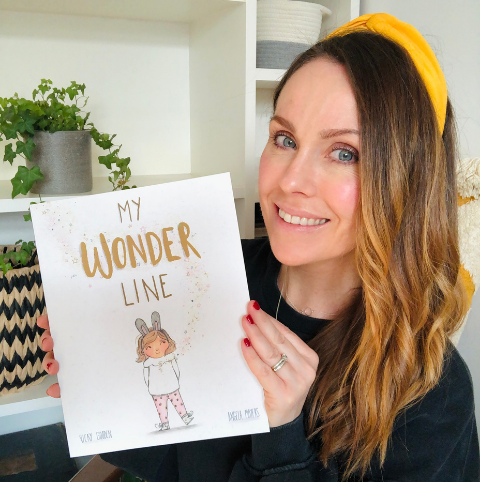Whether you are just starting out for the first time or you’re a few rounds in, IVF can feel like the miracle route to your longed-for addition, one minute, and like an endless and punishing path to parenthood the next.
I am writing this from the perspective of one half of a heterosexual couple. But let’s be mindful that many couples going through IVF could also be same-sex, where one of the females will intend to carry the pregnancy using donor sperm, or a male couple looking to either gestational or straight surrogacy options.
And it would be remiss to ignore the varying reasons for turning to IVF, not to mention the methods; need for donor sperm or eggs, secondary infertility, infertility after pregnancy loss, low sperm count or mobility, low AMH. There can be complex pressures on a couple to start or grow a family before the process has even begun.
The reason for caveating all of this is to underline the fact that the path of IVF is rarely a straight one. It often meanders into unknown territories, throwing tricky obstacles at us along the way.
IVF is still largely a taboo subject. It feels like we are slowly rounding a corner as more and more people open up about it but there’s still so much stigma attached to it. So it’s no wonder that this creeps into the relationships of those going through it too.
How IVF can change the dynamics of a relationship
Trying for a baby naturally as a male/female couple feels fairly equal, for the most part.
Then, enter IVF.
Initially, the process often starts off with an innocent curiosity about what the issues might be or how each other's reproductive organs are measuring up. Then when you learn more, it can be confronting to face the problems that might have been identified. You’ll each have different reactions, viewpoints, ways of coping.
Then comes the logistics. One partner becomes the caregiver while the other undergoes the procedures. Getting to the clinic on time, administering injections and medications, the new rush of hormones that can sometimes alter moods and physical comfort. Unfamiliar roles are taken up, adding to the pressure that you are likely already carrying around.
Financial concerns can also become a heavy burden. What perhaps used to be spent on holidays together might now be siphoned off into the ‘create a baby’ fund.
It is not uncommon, in fact probably quite the opposite, to feel anger, to become snappy and short-tempered and to feel lost. And if you are not widely talking about your journey outside of your relationship, then the receiving end of those emotions unsurprisingly becomes your partner.
So, finding your way through this new world as individuals leads to the question, how do you stay connected as a couple?
Staying connected through IVF
It got to a point in our IVF journey where I really started feeling as though I was letting everyone down. One unsuccessful round followed by a rare ectopic before we were finally blessed with our successful pregnancy. Before then, I’d had multiple surgeries on my cervix for various reasons and I vividly recall looking down at where my uterus was and just not understanding why it wasn't working, as if to start an argument with it.
People flippantly say that IVF is a rollercoaster. And yes, this is a fitting analogy. But it’s also a tiresome narrative. Having been there, having snapped and barked at the world for not delivering me something I so wanted, I have pulled together some little tips on how to continue to link arms with your partner along an often troublesome path.
1. Lean into one another, don’t pull away
Although it might feel off balance at times, you are in this together. You have the shared hope and aim. To be able to find comfort, strength and support in one another is going to be key. It’s crucial to keep talking so that you know the occasions when it’s best to give each other space too.
2. Keep working on yourselves as individuals as well
It is a huge life lesson when you realise that no one else is responsible for your happiness or mental wellbeing. You are capable of wonderful things. This is not a ‘turn that frown upside down’ call to arms, but it is a suggestion to look into ways of calming your mind, or relaxing your body. I turned to meditation, yoga and daily affirmations. It helped my mental wellbeing which in turn helped things at home.
3. Make some ‘non IVF’ time!
We were forced to stop IVF for 3 months following an ectopic, so we made sure that that time was spent enjoying each others company again without the veil of treatment. Even if you don’t press pause on treatment, you should still try and weave in some time where you have new experiences together or start a little regular tradition at home.
4. Talk to others
Talking to each other is obviously important, but sometimes talking to someone else can be a real tonic. I was always so surprised and comforted to know that fertility issues are much more common than we realise. A problem shared…
5. Get pragmatic
You must keep checking in on the reality of your situation, from finances to mental strength. Be prepared to take some time off. In the moment that can feel like the exact opposite of what you want to do. You don’t want to waste a second. But if your life is so out of balance due to the strains that can come with IVF, then you should be prepared to take stock and consider your options. This could have a really positive impact in the long run.
If you would like to discuss your own situation with one of our experienced and friendly patient support team then please give us a call on 0330 0580 800.





